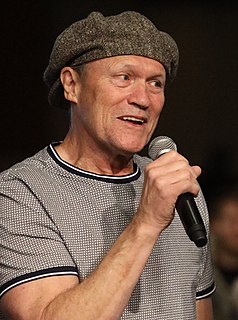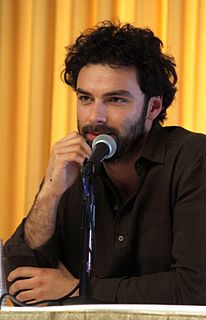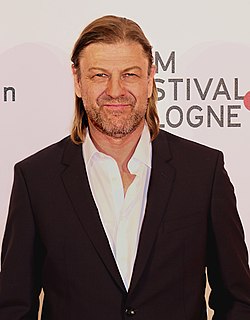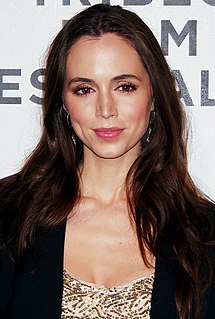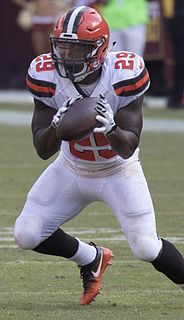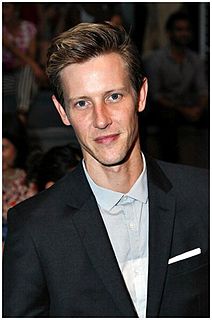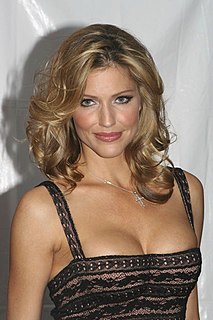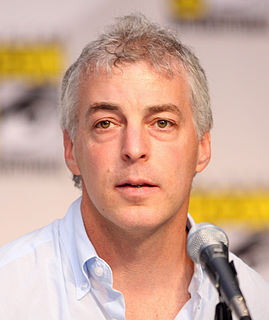A Quote by Kara Hayward
As an actor, I'm my own worst critic, but after awhile, really, when you watch 'Moonrise Kingdom', it's such a fantastic film that you sort of get sucked into the story, and then you kind of forget about everything else.
Related Quotes
You forget about it, after awhile. You forget that you even have it on. It becomes part of you. You get used to it, even the teeth and the contacts, which bothered the hell out of me. It ends up being something that is part of the role, and part of the thing that you're doing. After awhile, it just feels pretty damn awesome.
Sometimes during a show or a film, while you're shooting it, you'll think, "This is great, it's going to be fantastic, the script is incredible, and the actors are great, and everything is working out brilliantly." And then you see it, and you kind of go, "Oh god, it's not as good as I thought it was," and it doesn't get an audience to watch it. It only does a couple of festivals and then dies and whatever.
Whether it's Brad Pitt up there, if there's a good moment up there, and you get pulled into the emotion, you're not thinking, 'Oh, that's Brad Pitt. He's an actor, and he's famous.' That's kind of the nature of storytelling, right? You sit around the fire and tell a story, and you can get sucked into that story.
I know when I watch a film at this point, if I completely lose myself in the characters and the story and the world of the film I know that it's at least in my opinion, that was great. Otherwise I'm thinking: "Oh I know they were just doing A, B and C, right before they walked into the scene, then the camera was there, then they probably took the shot from this reverse close-up and moved it into this." When all of that drops away then I'm like: "Okay this was phenomenal, this was fantastic." I mean, any film or TV performance in general is probably good.
What's actually amazing is that, after a couple of years of living with characters and writing characters and talking about characters, as we sit in the writers room and break episodes, it strikes you, every once in awhile, that you're talking about a character that's played by the same actor, who you've been talking about forever. We talk about a character dying, so you get emotional, and then you realize, "Oh, but wait, that actor is still on the show."
When you do these things, you sort of take the journey. The journey is all about how I can interweave the Oscar Wilde story, the story of Salome, the play itself and what it is, what it contains, and my journey as an actor, as a director, as a filmmaker, as a person struggling with whatever I'm struggling with - my own celebrity, my own life. This is semi-autobiographical in terms of my commitment to this kind of thing.
I have never had great expectations of my performance or of a film. I try not to think about the outcome. If you look that far ahead, it sort of taints your choices as an actor. I try as hard as I can to believe that no one is ever going to see it and that it's not even a movie. Then you can allow yourself to bare more. Then, once a project is done, I tend to forget about it until it comes out.

